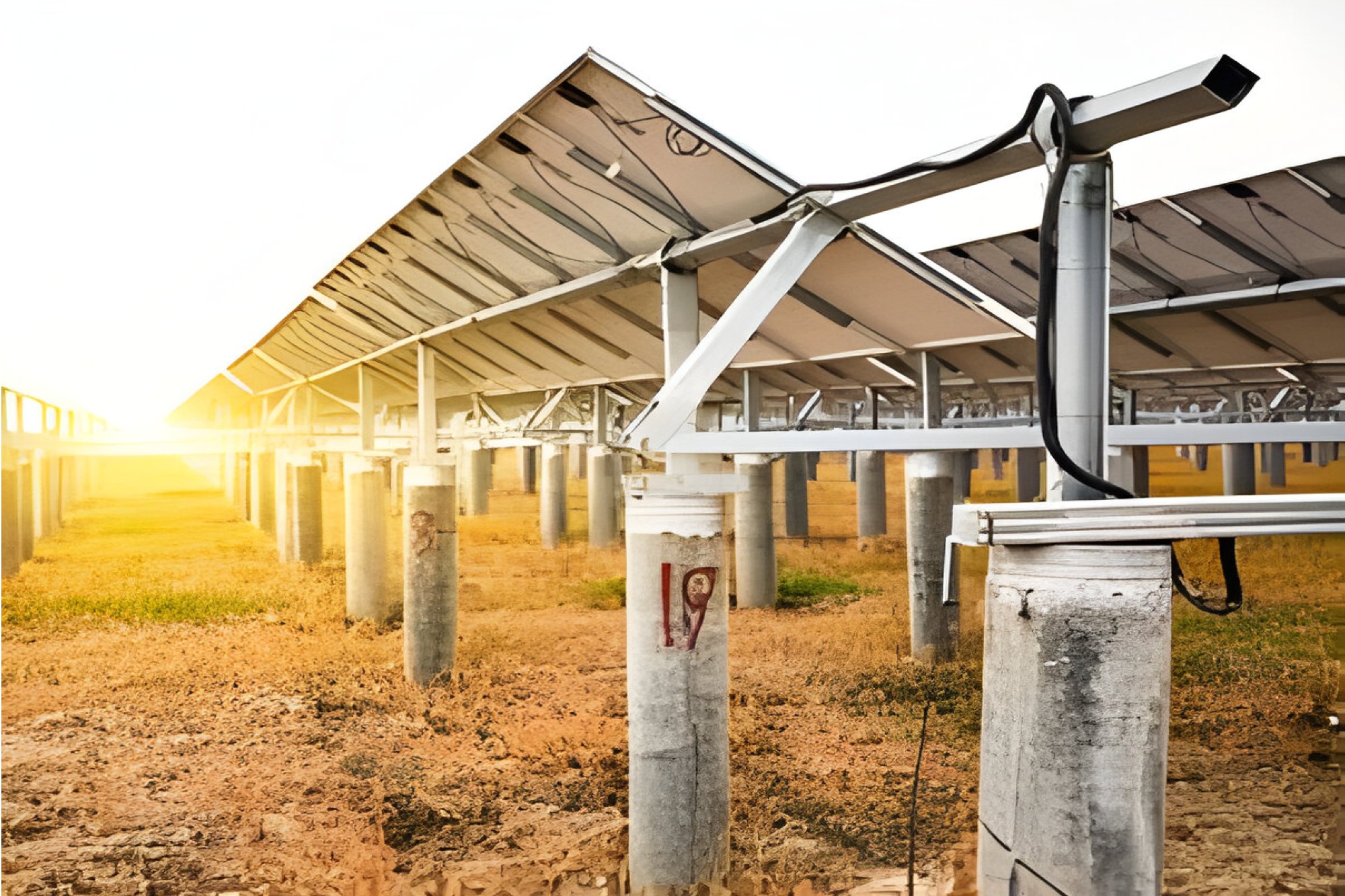India to implement approved Solar Module Standards from April 2024
By EPR Magazine Editorial April 10, 2024 5:46 pm IST
By EPR Magazine Editorial April 10, 2024 5:46 pm IST

India amends electricity regulations for late payments, introduces solar and renewable energy regulations in Punjab, DERC, and Madhya Pradesh, and reveals hydrogen hubs and solar inverter standards.
The MNRE has activated the ALMM Order to ensure quality solar modules for nationwide projects. Modules still need to be commissioned due to developer reasons to undergo separate examinations. The Bureau of Energy Efficiency has introduced a Standards and Labeling Program for Grid-Connected Solar Inverters to guide consumers toward energy-efficient choices and support India’s transition to sustainable energy. The program aims to enhance product quality, cut costs, and complement India’s rooftop solar initiative.
India’s Ministry of New and Renewable Energy (MNRE) has reaffirmed strict vigilance on Solar PV DCR compliance under MNRE schemes, aiming to boost domestic industry growth. The government has implemented legal action and blacklisting to deter violations. The Rajasthan Commission has introduced a Green Procurement Policy, prioritizing sustainable practices and reducing environmental impact. The MNRE launched the National Green Hydrogen Mission to establish two green hydrogen hubs by 2025–26, each receiving ₹100 crore for infrastructure development. The MNRE has also revised module efficiency thresholds for solar PV to promote high-quality solar technologies and advance India’s clean energy goals. To support India’s renewable energy transition, stakeholders are urged to comply with these updated criteria.
India’s Ministry of New and Renewable Energy (MNRE) has introduced Solar Cold Storage (SCS) systems to combat post-harvest agricultural losses. The draft specifications are open for public feedback, reflecting a collaborative effort towards sustainable farming practices and energy utilization in India. The Delhi Electricity Regulatory Commission (DERC) has announced amendments to the Group Net Metering (GNM) and Virtual Net Metering (VNM) guidelines for renewable energy systems, effective April 1st, 2024. The changes aim to promote transparency and encourage renewable energy adoption. Madhya Pradesh Electricity Regulatory Commission (MPERC) has introduced new regulations governing grid interactive renewable energy systems, including net metering, group net metering, and virtual net metering. The Ministry of Power has also introduced amendments to the Electricity (Late Payment Surcharge and Related Matters) Rules of 2022, enforcing stricter regulations on electricity sale and purchase access.The Punjab State Electricity Regulatory Commission has amended its regulations on rooftop solar systems, aiming to improve clarity and consistency in regulating these systems. The Delhi government has launched the Delhi Solar Energy Policy 2023, aiming to achieve 4,500 MW of solar capacity by 2026–27. The policy introduces group net metering, community solar, and hybrid RESCO models to overcome adoption barriers. Incentives like generation incentives and capital subsidies are provided to consumers. The Karnataka Electricity Regulatory Commission (KERC) has also adjusted tariffs for solar rooftop installations under the PM-Surya Ghar scheme, clarifying that previous tariffs do not apply to these installations. These changes support government initiatives for household-level renewable energy adoption.
We use cookies to personalize your experience. By continuing to visit this website you agree to our Terms & Conditions, Privacy Policy and Cookie Policy.